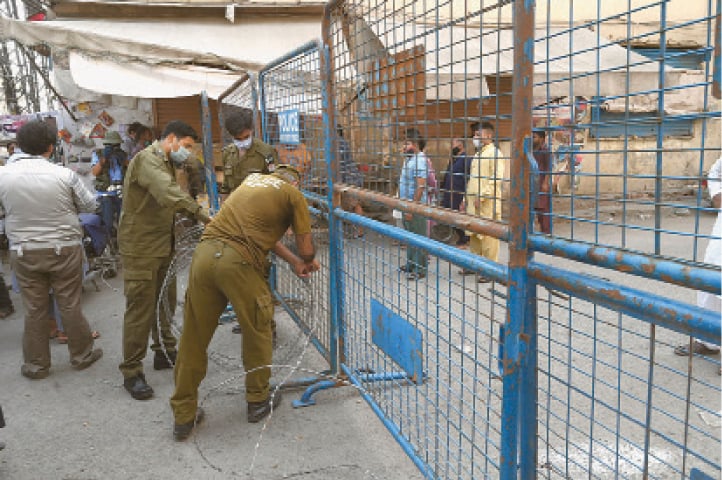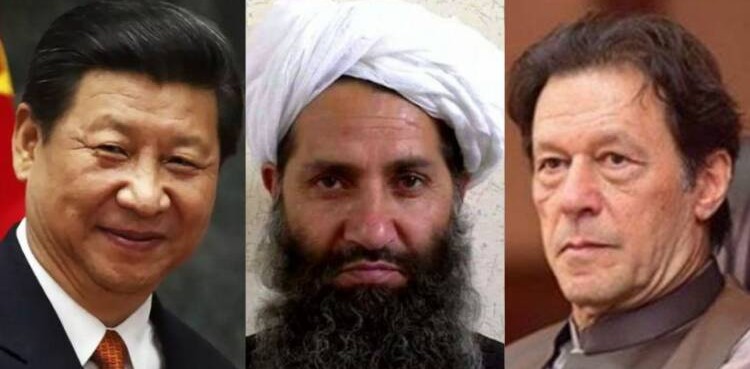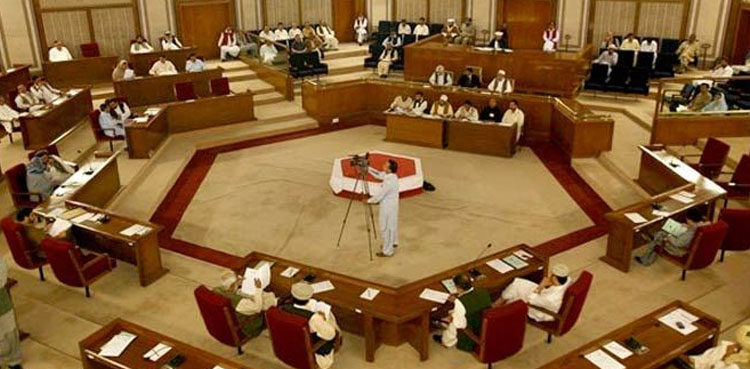UN chief Antonio Guterres slammed the Taliban government’s “unprecedented” curbs on Afghan women’s rights Tuesday as he highlighted international fears over stability in the crisis-stricken country.
After a two-day meeting with leading powers concerned by events in Afghanistan, Guterres did not indicate whether a current review of UN operations would call for a withdrawal because of a ban on women working for aid agencies.
But he said: “To achieve our objectives we cannot disengage and many (in the meeting) called for engagement to be more effective.”
Guterres called the Doha talks to seek new ways to pressure the Taliban government after it banned Afghan women from working for UN agencies and NGOs.
That has added to international outrage after they were also barred from almost all secondary and university education and most government jobs. Taliban authorities were not invited.
“The participants are worried about the stability of Afghanistan and expressed those serious concerns,” said Guterres.
The UN review of its Afghanistan mission is to be completed by Friday. The world body says it faces the “appalling choice” of whether to leave the country where millions depend on food aid.
The two-day meeting – involving envoys from the United States, Russia, China and 20 other countries and organisations, including major European donors and neighbours such as Pakistan – also discussed fears over terrorism and drug trafficking in the South Asian nation.
“The current ban on Afghan women working for the United Nations and national and international NGOs is unacceptable and puts lives in jeopardy” because of the role they play in alleviating the dire conditions, Guterres told a press conference.
“We will never be silent in the face of unprecedented and systemic attacks on women and girls’ rights,” said Guterres.
He added that “millions of women and girls are being silenced and erased from sight.” Guterres said the ban was a violation of Afghanistan’s “obligations under international law.”
– ‘One step from famine’ –
The Taliban government has firmly rejected criticism of the curbs on women, calling them an “internal social issue”. It has also complained at its exclusion from the Doha talks.
“Any meeting without the participation of IEA (Islamic Emirate of Afghanistan) representatives – the main party to the issue – is unproductive and even sometimes counter-productive,” said the head of the Taliban political office in Doha, Suhail Shaheen.
“How can a decision taken at such meetings be acceptable or implemented while we are not part of the process? It is discriminatory and unjustified,” he said.
Guterres said he was not ready to meet a Taliban representative but did not discount the possibility in the future.
No country has established formal ties with the Taliban government since it returned to power in August 2021. One envoy who attended the Doha talks said “no country present indicated that it was ready to form any kind of ties.”
The meeting of the 23 countries and international institutions was held amid mounting problems for the country of 38 million people suffering worsening shortages because international supplies have slowed.
“It is difficult to overestimate the gravity of the situation in Afghanistan today,” said Guterres.
Six million people are “one step away from famine-like conditions”, he added. A UN appeal for $4.6 billion for its relief operation has raised only $294 million.
Meanwhile, Afghan Foreign Minister Amir Khan Muttaqi will lead a delegation to Islamabad at the end of the week for talks with Pakistani and Chinese officials, the ministry said Tuesday.
Muttaqi, who is subject to a UN travel ban, has previously been given exemptions to travel to the neighbouring country for talks.















































